
Iran’s President Opens the Door to Diplomacy with Israel Amid Intensifying Conflicts
2024-09-23
Iran’s President Masoud Pezeshkian’s Diplomatic Stance
In a surprising development, Iranian President Masoud Pezeshkian announced that Iran is open to reducing tensions with Israel, provided that the Israeli government reciprocates. Speaking to reporters ahead of the UN General Assembly in New York, Pezeshkian stated, "We’re willing to put all our weapons aside so long as Israel is willing to do the same. We’re not seeking to destabilize the region."
UN General Assembly: A Platform for Dialogue
As Pezeshkian makes his debut at the UN gathering, he is set to address the assembly on Tuesday, while Israeli Prime Minister Benjamin Netanyahu is expected to speak later in the week. The backdrop of escalating tensions between the two nations makes this dialogue critical, particularly after Iran accused Israel of orchestrating a devastating explosion that resulted in numerous casualties in Lebanon, including injuries to Iran’s ambassador to Beirut.
The Current Geopolitical Tensions
The incident, which Israel has neither confirmed nor denied responsibility for, targeted members of the Hezbollah militant group, known for its ties to Iran. This situation is further complicated by Iran's support for Hamas, currently engaged in an intense conflict with Israel in Gaza. Both groups are labeled as terrorist organizations by the United States, raising the stakes of any geopolitical conflict escalation.
Risk of Broader Regional War
Currently, the exchange of rocket fire between Israel and Hezbollah is at a peak, and the threat of a broader regional war looms large. Should hostilities escalate further, both the U.S. and Iran, with their respective proxies involved, would likely be entangled in the conflict.
Pezeshkian’s Perspective on Peace
Pezeshkian emphasized Iran's commitment to pursuing peace, insisting that allied groups like Hezbollah and the Houthis in Yemen make their own military decisions. "They don’t take orders from anyone," he asserted. He also voiced concerns over Israel allegedly seeking to heighten regional tensions, stating, "If a war erupts in the region, it would serve no one’s interest. We don’t want to fight."
Context of the Ongoing Conflict
In a recent context, the president addressed the October 7 attacks carried out by Hamas on Israel, which provoked an ongoing war in Gaza. According to various reports, the militant group inflicted substantial casualties, while Israel's retaliatory strikes have resulted in significant Palestinian deaths, complicating the humanitarian crisis in the region.
A Shift in Iranian Politics?
Pezeshkian's presidency represents a potential shift in Iranian politics, marked by a more reformist stance. He expressed interest in reviving discussions surrounding the faltering nuclear accord between Iran and Western nations, urging the U.S. to lift economic sanctions on Iran. Pledging that Iran remains aligned with the goals of the original nuclear agreement, he aims to navigate a path toward diplomacy.
Denial of Weapon Supply to Russia
Additionally, Pezeshkian denied claims that Iran has been supplying weaponry to Russia for its military operations in Ukraine. "We do not approve of Russian aggression against Ukraine," he asserted, firmly stating that Iran has neither provided nor intends to supply ballistic missiles to Russia.
Conclusion: A Potential for Diplomacy?
With the international community watching closely, this potential for dialogue comes at a crucial time, signaling that, despite the ongoing strife, there may still be avenues for diplomacy in a persistently volatile geopolitical landscape.
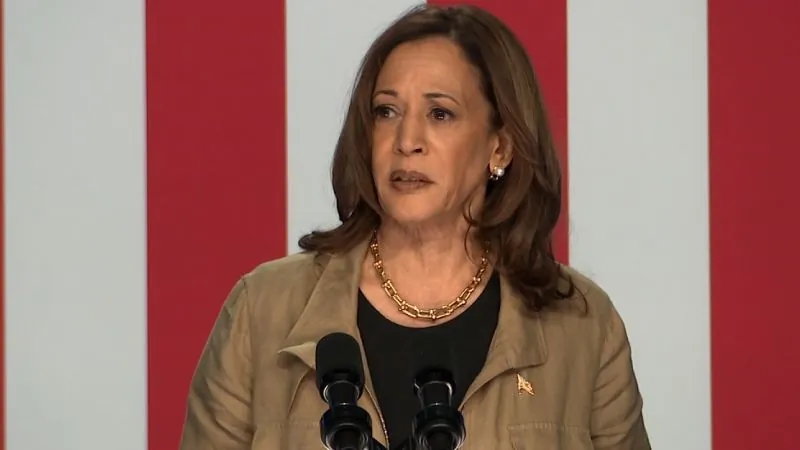
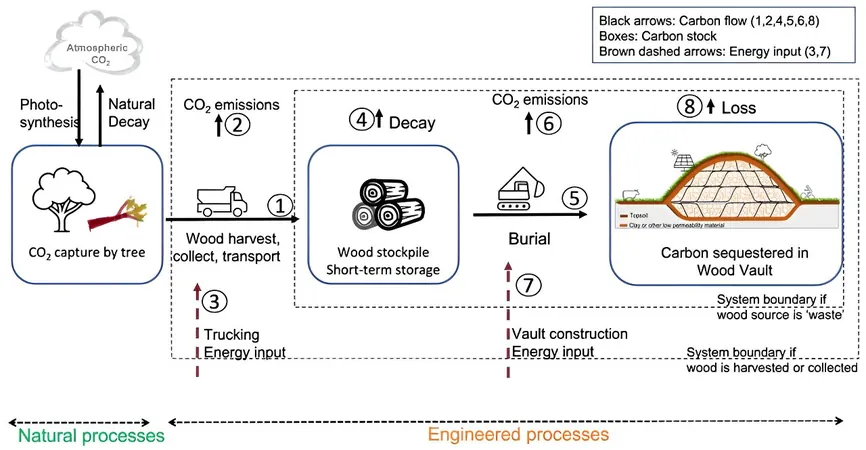
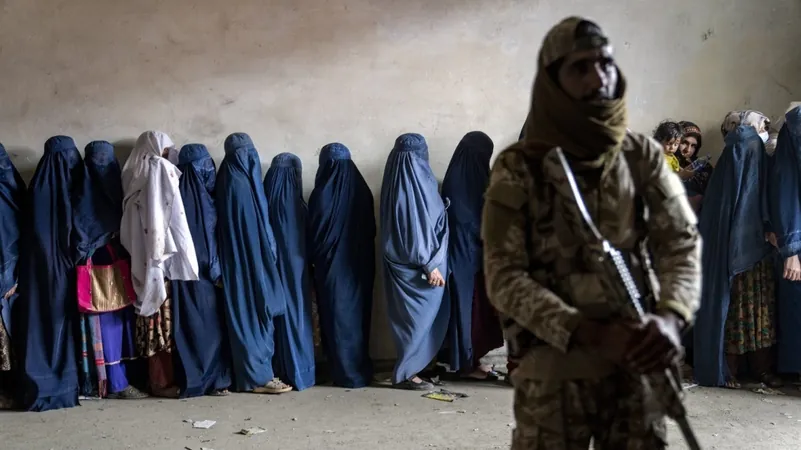

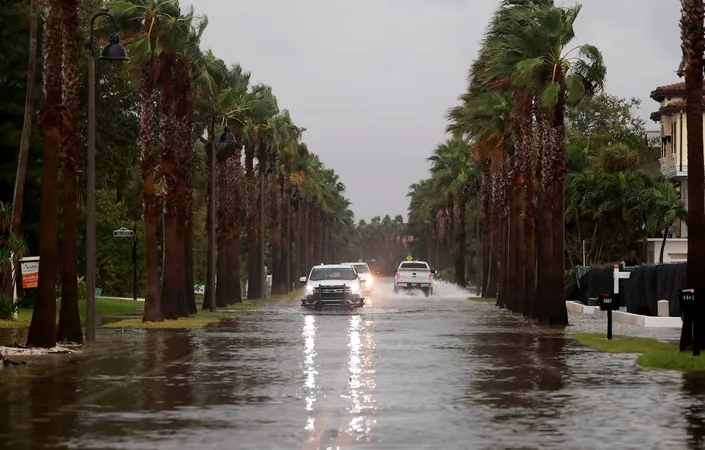
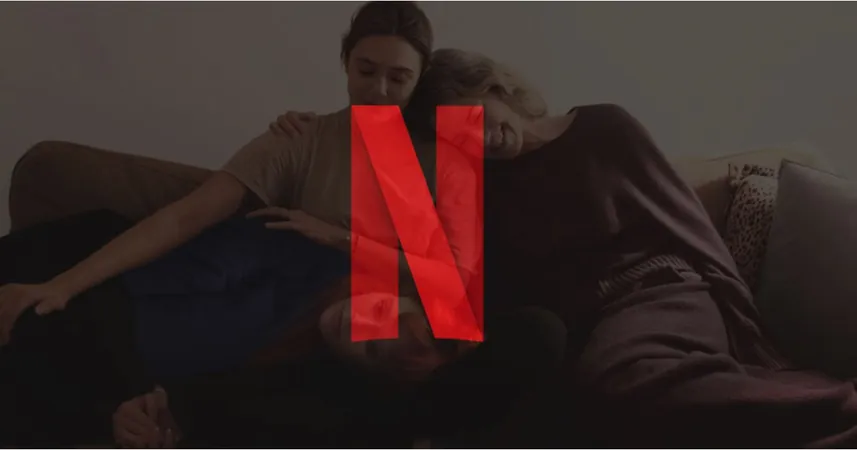



 Brasil (PT)
Brasil (PT)
 Canada (EN)
Canada (EN)
 Chile (ES)
Chile (ES)
 España (ES)
España (ES)
 France (FR)
France (FR)
 Hong Kong (EN)
Hong Kong (EN)
 Italia (IT)
Italia (IT)
 日本 (JA)
日本 (JA)
 Magyarország (HU)
Magyarország (HU)
 Norge (NO)
Norge (NO)
 Polska (PL)
Polska (PL)
 Schweiz (DE)
Schweiz (DE)
 Singapore (EN)
Singapore (EN)
 Sverige (SV)
Sverige (SV)
 Suomi (FI)
Suomi (FI)
 Türkiye (TR)
Türkiye (TR)